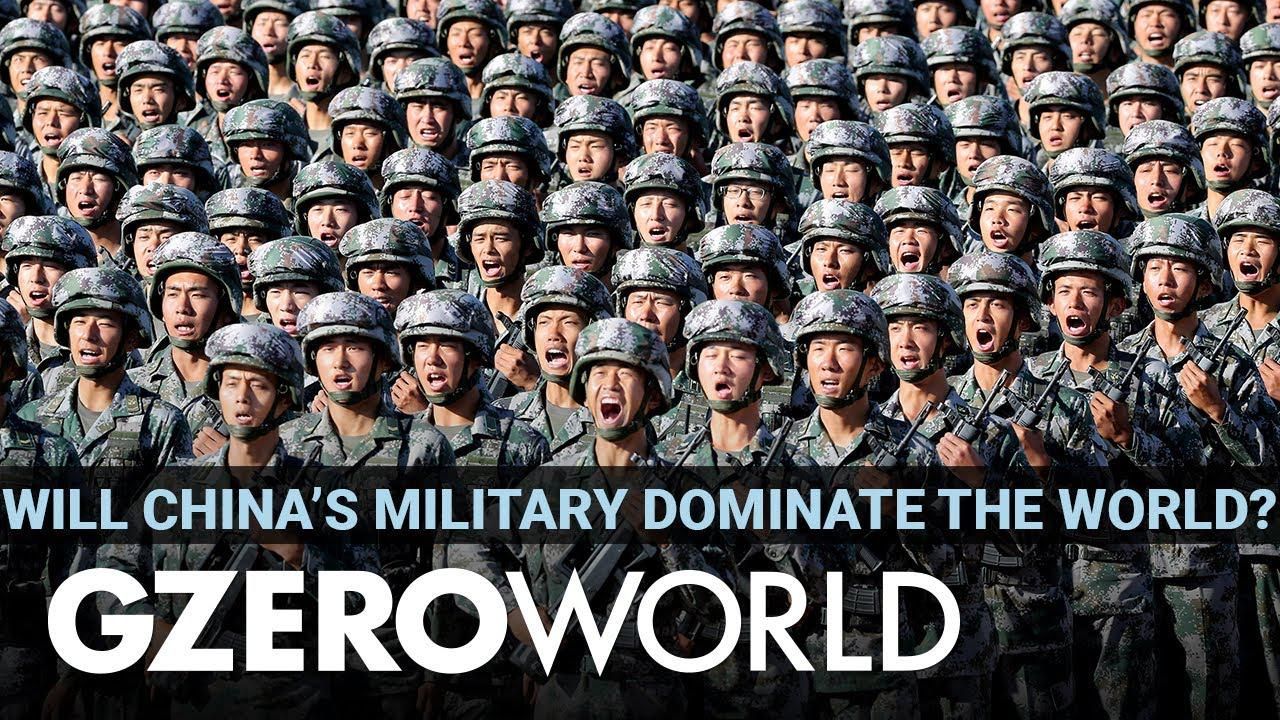GZERO World Clips
Will China become the world’s dominant military power?

Will China Become the World’s Dominant Military Power? | GZERO World

America's chief adversary on the global stage is no longer Russia. It's China—a country that has experienced astronomical growth in the last few decades, with an economy that's expanded by $12 trillion dollars in the last fifteen years alone. Much of that economic growth is going straight into military spending, with a defense budget that's seen a nearly seven-fold increase over the past twenty years. And yet, its military spending still pales in comparison to that of the United States. But despite all the money that both nations have pumped into fancy new battleships and armored tanks, they also understand that a key paradigm shift in 21st century warfare is already well underway: The decisive battles of the future will largely be fought—and won or lost—in cyberspace. Ian Bremmer explains where the US stands in this competition.
Watch the GZERO World episode: What could spark a US-China war?
Who decides the boundaries for artificial intelligence, and how do governments ensure public trust? Speaking at the 2026 World Economic Forum in Davos, Arancha González Laya, Dean of the Paris School of International Affairs and former Foreign Minister of Spain, emphasized the importance of clear regulations to maintain trust in technology.
The president of the tiny eastern European country has suggested possibly merging with a neighbor.
$25 billion: The minimum amount of investment required to fulfil Jared Kushner’s ambitious property plan for Gaza.
Who decides how much control a country should have over its technology? Speaking at the 2026 World Economic Forum in Davos, former UK Prime Minister Rishi Sunak discussed the balance between national sovereignty and global interdependence.